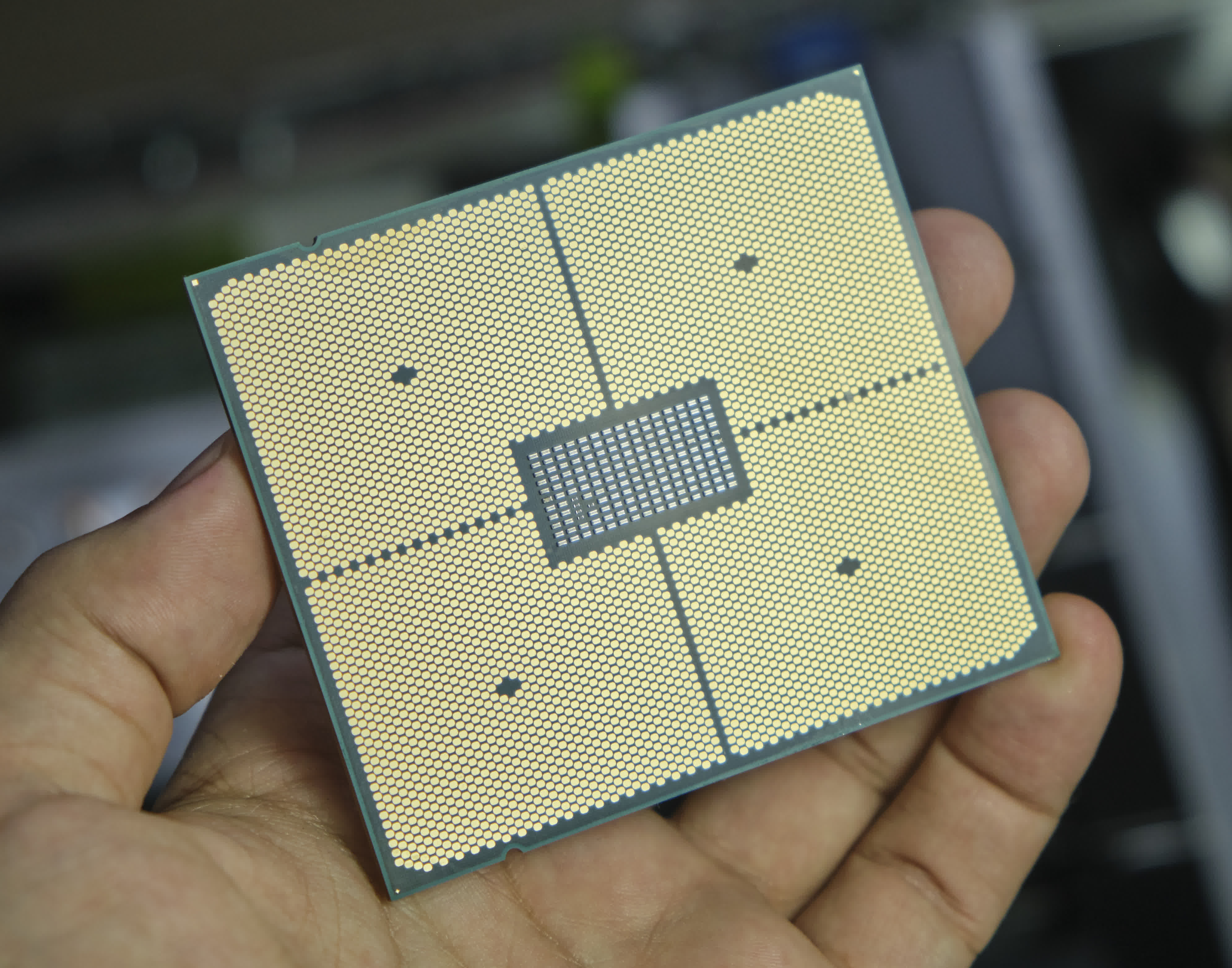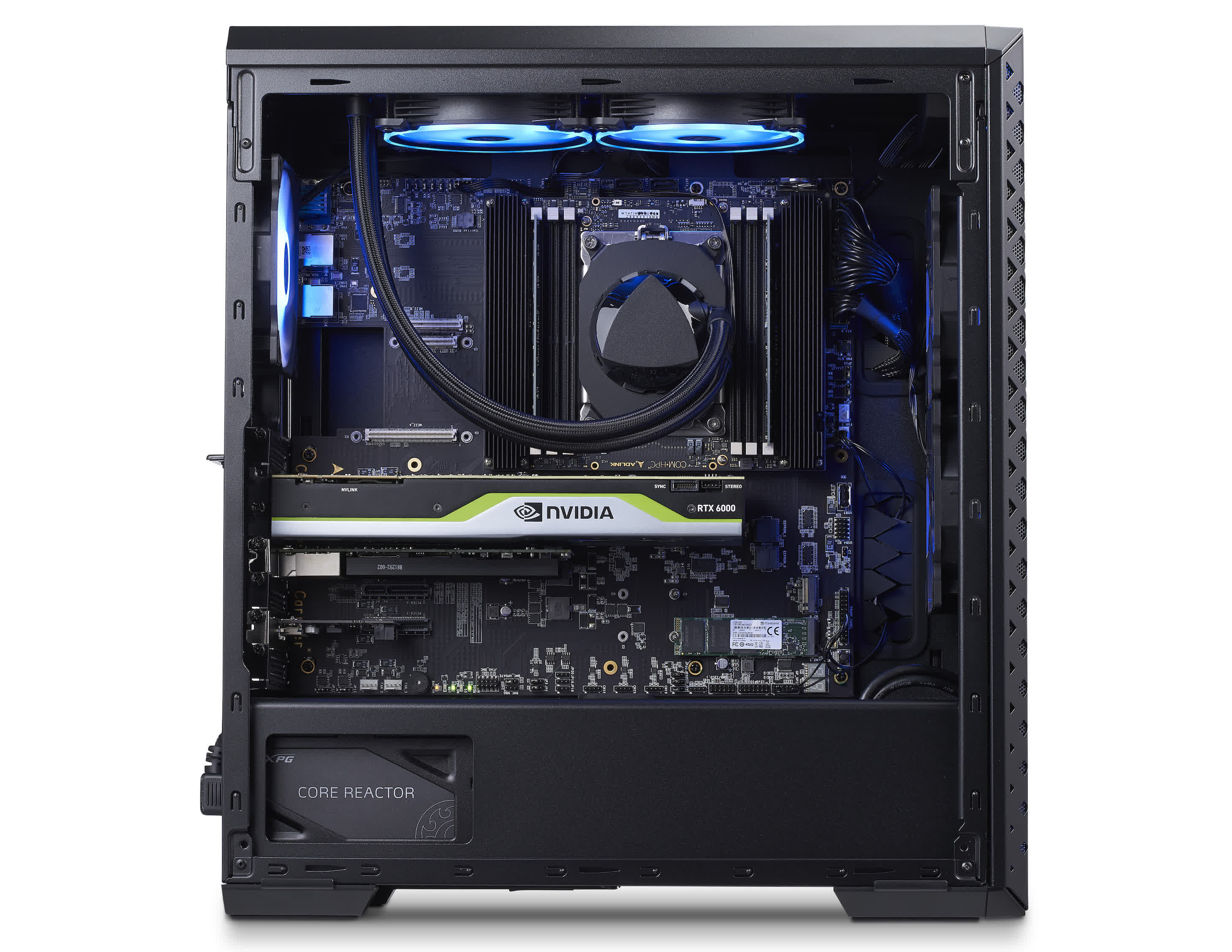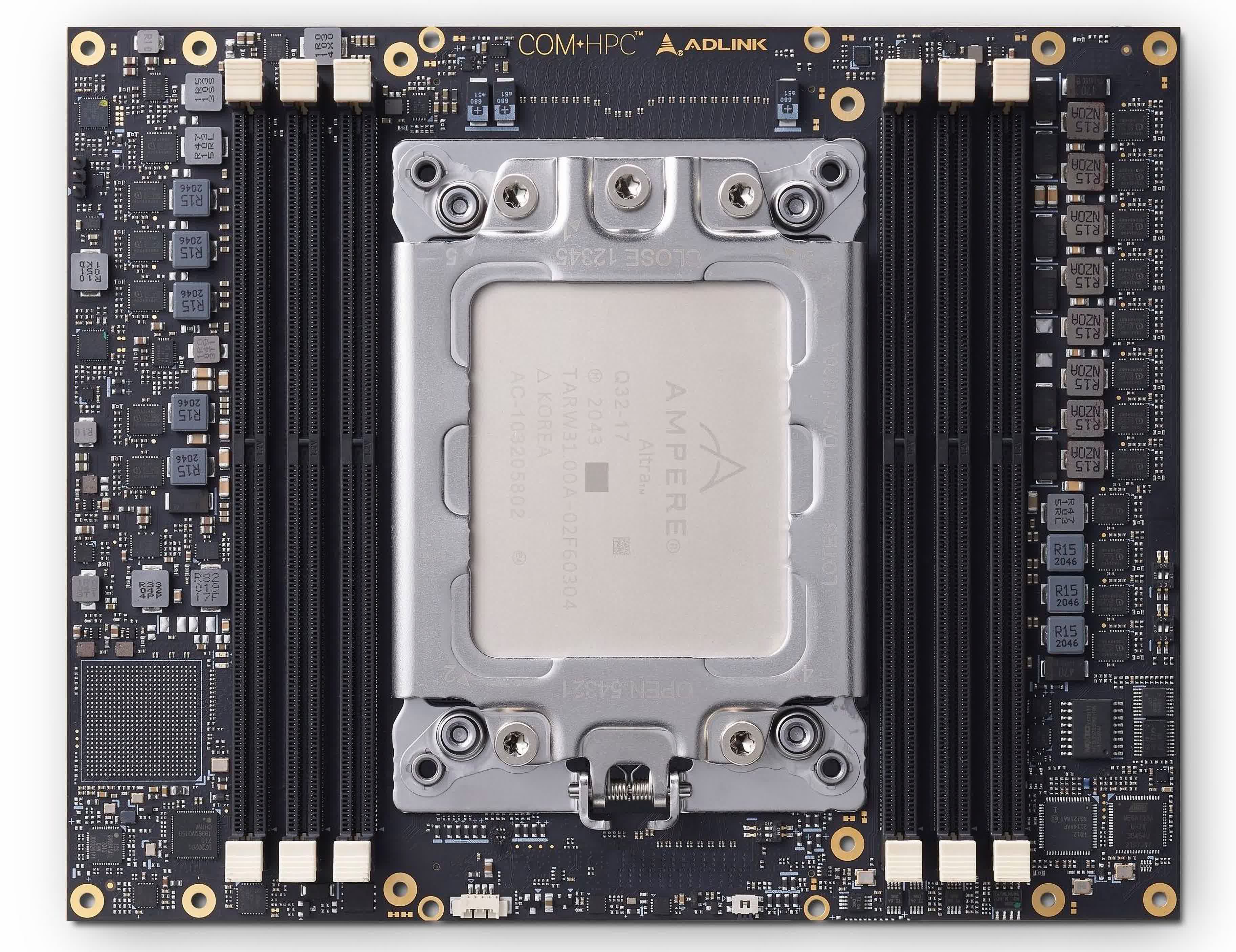In brief: If you've been looking to build an Arm-based workstation for your embedded development needs, Adlink has created a small carrier board that packs a surprisingly high amount of compute power on a tiny 200 by 160 mm COM-HPC server type module.
For years, a startup called Ampere Computing had been focused on developing custom Arm-based silicon for the data center, a space where x86 is still king. Two years ago, the company took a leap of faith and put one of its eMAG CPUs in a workstation configuration that it then sold through Avantek.

Fast forward to this week, and you have Adlink showing off a tiny carrier board that can be packed with an impressive amount of Arm cores and RAM. Specifically, the company is introducing one of the world's first COM-HPC server type modules, which can be used to build miniature workstations powered by as many as 80 64-bit Arm Neoverse N1 cores.
This is possible thanks to Ampere's Altra SoC, which is able to fire up the 80 Arm cores at up to 2.8 GHz with a power consumption of just 175 watts. The COM-HPC Ampere Altra supports up to six memory channels for a total of up to 768 gigabytes of DDR4 memory, as well as 64 PCIe 4.0 lanes. The module can be slotted into an E-ATX motherboard, should you need to do so.

Adlink says the COM-HPC Ampere Altra along with the developer kit are compliant with Arm's Scalable Open Architecture for Embedded Edge (SOAFEE). That means the module can be scaled from 32 to 80 Arm v8.2 64 bit cores (with a thermal envelope of 60 to 175 watts) and can be used as reference system by automakers doing in-vehicle prototyping. Additionally, the company has made a liquid-cooled prototype system for developers building software for Arm-based servers.
Alex Wang, who is Adlink's product manager of embedded boards and modules, explained in a statement that "by teaming up with Ampere and Arm and using their Arm Neoverse N1-based Ampere Altra SoC, our high performance-per-watt COM-HPC Ampere Altra architecture allows our strategic partners and customers to process data intensive workloads at the edge without worrying about big upfront investments, hardware overheating, or ongoing maintenance costs."
The company has already started shipping samples of the prototype system to its partners and is now taking pre-orders. As of writing, there's no information on pricing and general availability. If you're interested in a detailed look at the performance of the Ampere Altra SoC, check out Anandtech and Phoronix.
